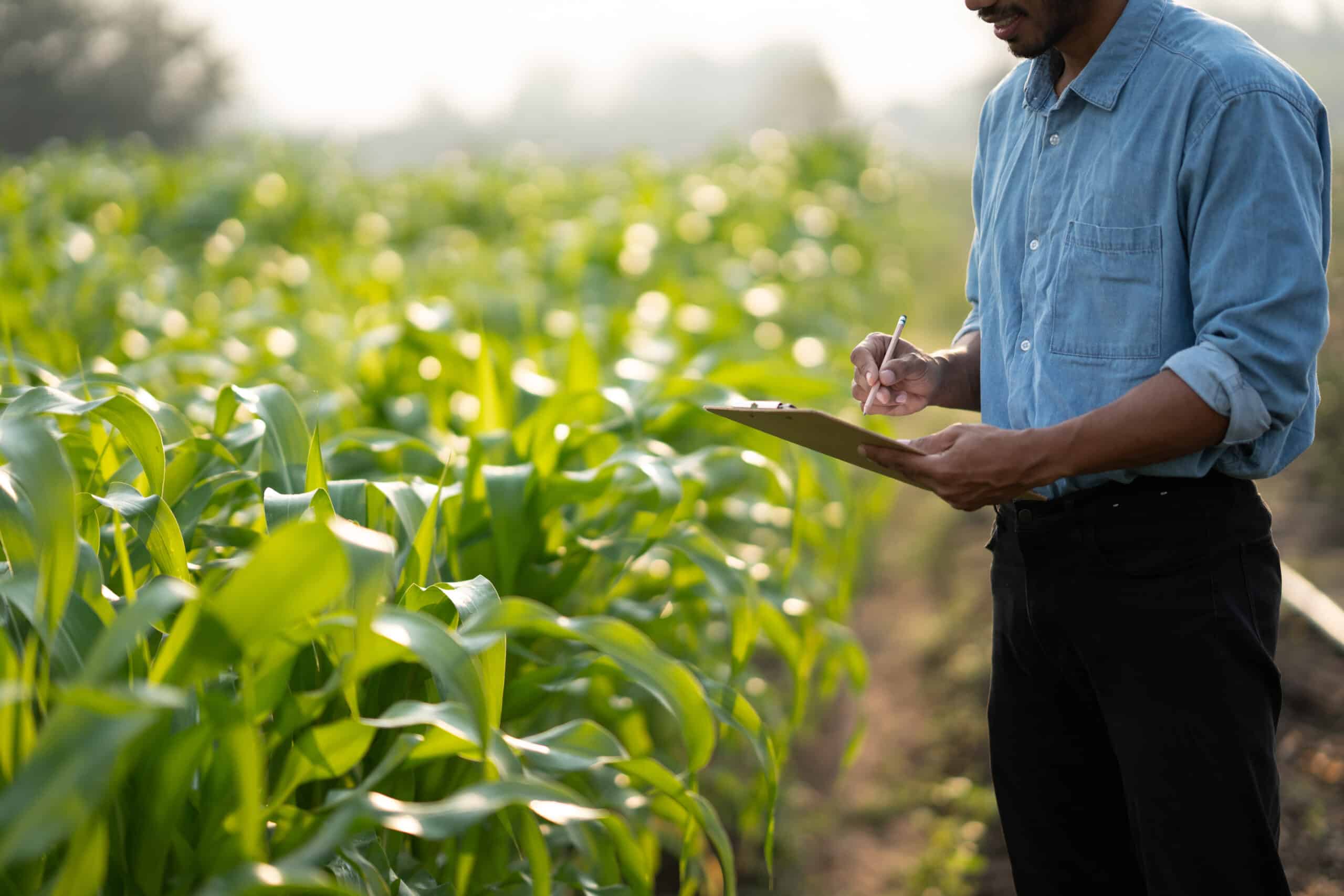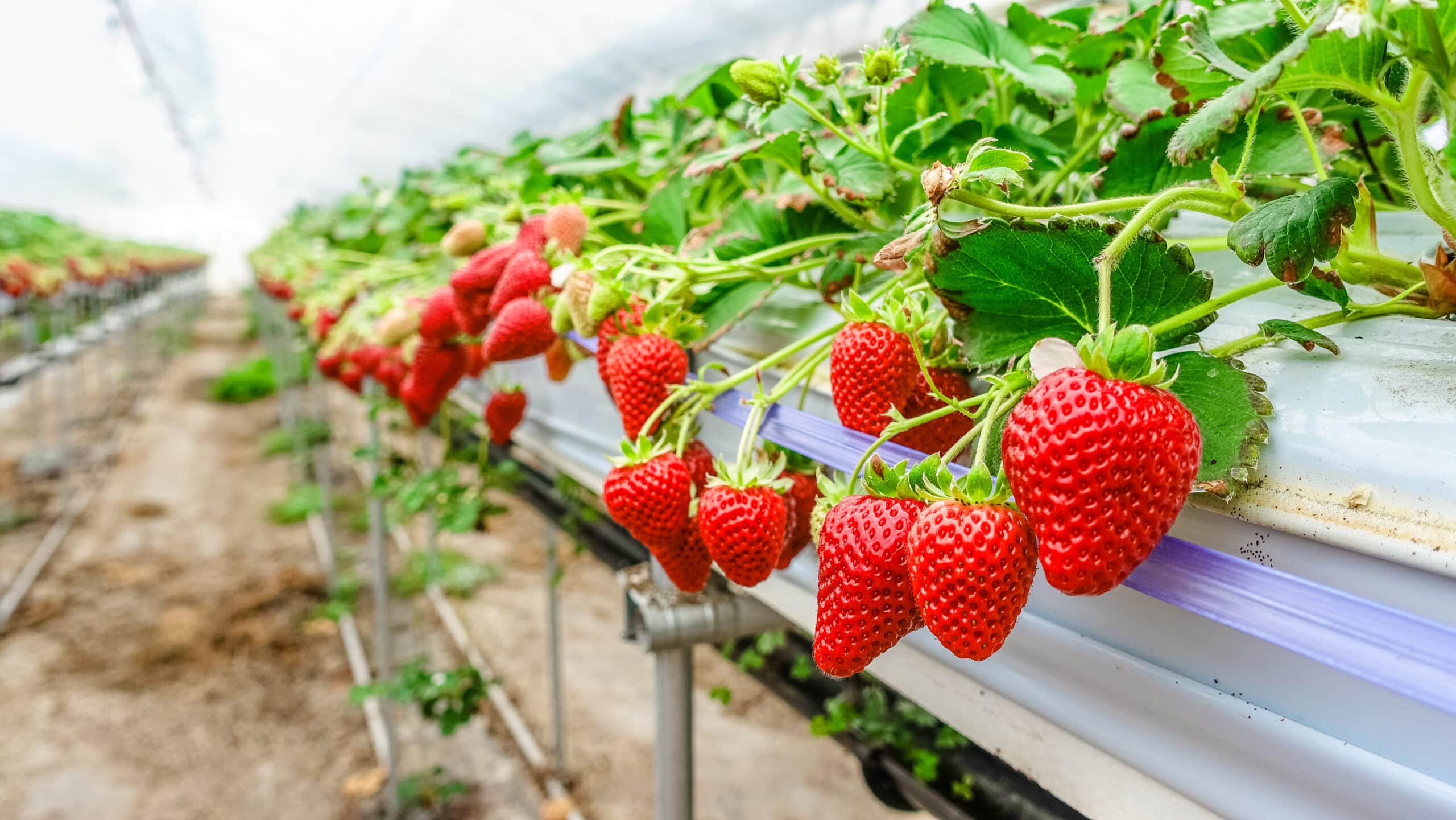The biggest pandemic in a century continues to test food security and countries are taking steps to reduce global food waste and maintain sufficient food supplies.
China has launched an ‘Operation Empty Plate’ campaign as part of an overall strategy to bolster the country’s food security.
18 million tonnes of food waste annually is enough to feed 40 million people and the Chinese government is under pressure to address potential food shortfall of 130 million tonnes by 2025.
The government is not only contending with the coronavirus but a trade war with the US, widespread flooding and growing domestic dissent.
While rice, corn and wheat reserves have remained sufficient, soybean and pork supplies have dramatically fallen, and as well as a desire for more self-sufficiency, Beijing sees combatting food waste as a priority in reducing food insecurity.
The virus’s impact on imports of soy has highlighted that lack of self-sufficiency, while flooding and swine flu has also been damaging to the country’s pig industry, pushing food waste to the top of the agenda.
According to the Financial Times, the government is ready to introduce punitive measures to minimise further waste.
Global food waste – the US case
The problem is not confined to China with the US seeing dramatic levels of waste. Since the start of the pandemic 14 million litres of milk per day was wasted due to disrupted supply routes, according to the Dairy Farmers of America.
One chicken processor had to destroy 750,000 unhatched eggs a week, while ripe crops are now routinely being ploughed back into fields.
The virus-led policies saw the shutting of restaurants, disruption of transport and worker movement all contributing to the food waste issue, which has associated environmental effects, due to methane release from decomposing food.
For the US, food waste was an issue well before the pandemic but the virus has put a stronger spotlight on supply chain system, the flaws of which have been largely ignored up to now. After all $218bn was spent growing, transporting and disposing of uneaten food in 2018.
Consumers are now being asked to curb food waste habits and try to cut back on the waste figure.
UK group identifies food waste solution potential
In the UK, the Bow Group, an independent think tank, published a report highlighting the precarious state of the country’s food security. The document pointed to an excessive reliance on imports but also how cutting the high levels of food waste can play a part in restoring food security.
The report, entitled, “The United Kingdom’s Food Supplies & the Impact of Covid 19”, asserts that if UK imports fall by just 13% and domestic production also falls by 13% annually, not unlikely in the context of coronavirus or any other global crisis, the British are at real risk of running out of food.
Even a smaller reduction of 5-10 percent of production/imports would see the public having to cut down on many current staples and the cost of many types of food would skyrocket.
The UK currently imports 50.07% of its food from overseas and produces 49.93% domestically. If you count raw ingredients as opposed to final products however, then estimates project the UK relies on imports for as much as 80% of its food production.
Food waste in the UK currently accounts for around 38.38% of the food supply and the government is being urged to tackle individual and industrial behaviour that contributes to that total.
There is a consistent pattern in how the global food supply is being exposed for its flaws by the pandemic. While reforms promoting self-sufficiency, stockpiling and reserves are also part of the solution, resolving the issue of global food waste appears a potentially quicker win if the threat to food security is to be contained in the short term.
Protecting food security with Farrelly Mitchell
The pandemic has highlighted critical vulnerabilities within global food supply chains, accentuating the urgent need for sustainable practices and efficient management to combat food waste. With our comprehensive expertise in supply chain optimisation, sustainability and esg, and technology & innovation, Farrelly Mitchell is ideally positioned to assist governments and businesses in addressing these challenges.
Our strategic consultancy services aim to enhance food security in developing regions and ensuring that food supplies are managed more efficiently and sustainably. By leveraging our deep understanding of food and agribusiness, Farrelly Mitchell supports the development of innovative solutions to reduce food waste and build resilience in food systems against current and future disruptions. Our goal is to facilitate the transition towards more self-sufficient and sustainable food supply chains, mitigating the risk of shortages and contributing to global food security in these uncertain times.














